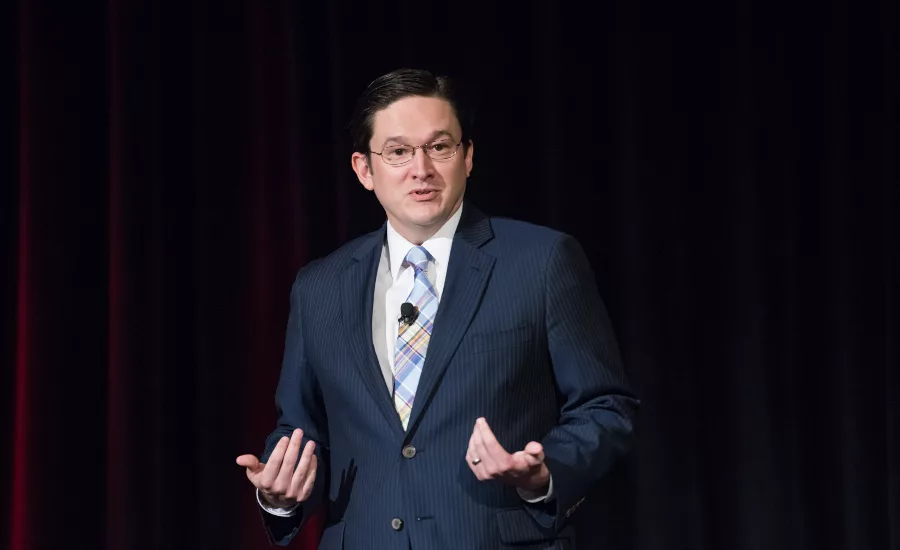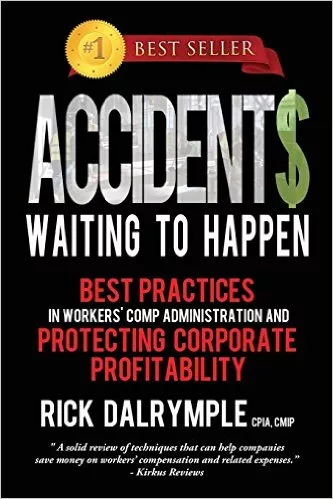Up in Smoke?
Changing Attitudes Over Marijuana Laws Across the Country are Creating Difficult Questions for Roofing Contractors to Answer

After the 2017 elections, there are currently eight states where marijuana is fully legal: Alaska, California, Colorado, Maine, Massachusetts, Nevada, Oregon, and Washington. The District of Columbia has also legalized medical and recreational use. Another 10 (Connecticut, Delaware, Illinois, Maryland, Minnesota, New Hampshire, New York, Ohio, Rhode Island, and Vermont) legalized and decriminalized medical marijuana.
While the public attitudes — and policies — regarding marijuana continue to change rapidly, roofing contractors are beginning to wonder how to balance worker’s rights and the need to maintain safe and efficient jobsites. Trent Cotney, president of Cotney Construction Law, recently walked RC through some of the latest developments and what roofing contractors need to watch out for.
RC: Given how quickly the political landscape on legalization continues to evolve, how can roofing contractors best stay informed and ahead of the curve?
TC: With the medical marijuana law being in its infancy stage, and new legislation being passed often, it’s going to be difficult to stay informed. For roofing contractors who operate in only one state, it will be much easier to remain ahead of the curve. Most states provide online websites that contain up-to-date information on the current status of medical marijuana in that state.
Despite governmental agencies providing information on their medical marijuana laws, marijuana remains illegal under federal law making it difficult to predict the future of medical marijuana in the workplace. It is important to have legal counsel who is up-to-date on the medical marijuana environment and will be able to provide information and advice regarding medical marijuana’s effect on business and employment.
RC: The U.S. Department of Justice recently highlighted the divergence between state and federal laws on this issue. What does that mean for contractors that already do or want to seek government-related work?
TC: At the federal level, marijuana continues to be classified as a Schedule I drug with no accepted medicinal purposes under the Controlled Substances Act, making them illegal. This creates issues for the states that legalized both medical and recreational marijuana. Although illegal at the federal level, federal prosecutors under the Obama administration were discouraged from penalizing medical marijuana patients.
However, in January, Attorney General Jeff Sessions reversed course, stating: “It is the mission of the Department of Justice to enforce the laws of the United States, and the previous issuance of guidance undermines the rule of law.” Whether the Justice Department starts to enforce anti-marijuana laws remains to be seen.
Regardless of Justice Department action, Federal contractors are still subject to the Drug Free Workplace Act (DFWA). Under the DFWA, companies that receive a federal contract of $100,000 or more and organizations that receive a federal grant of any size must maintain a drug-free policy.
Therefore, contractors who work with the government must maintain drug-free policies, and they apply to contract employees who are directly engaged in the performance of contract work.
RC: How do these developments specifically impact roofing contractors with a ‘zero-tolerance’ policy when it comes to drug use?
TC: The ability of roofing contractors to maintain “zero-tolerance” policies is going to vary depending upon the state’s laws where the employer is located. Some states, such as California and Michigan, have employer-friendly laws, while others, such as New York, Illinois, and Pennsylvania, have laws providing certain protection for employees. While employer’s in Florida may have an easier time maintaining zero-tolerance policies, employers in states where there are laws or court holdings protecting employees may not be able to do the same.
While a number of states have taken the position that an insurance carrier can be compelled to pay for medical marijuana, other states, like Arizona, take the opposite position. A carrier cannot be compelled to pay for medical marijuana, because it remains illegal on the federal level.
In sum, roofing contractors should feel relatively safe enforcing “zero-tolerance” policies for the time being, so long as employers engage in an “interactive process” with employees who are also medical marijuana users. However, due to the variance across the country in interpreting medical marijuana statutes and policies, contractors will need to keep a close eye on developments in their region and consult experienced legal counsel in order to ensure employment policies are compliant with state laws.
RC: How else have the rules changed for employers in terms of crafting safety regulations and employee manuals? Is it time to refresh?
TC: With the amount of recent changes in both state and federal law, it’s imperative for roofing contractors to have an up-to-date, drug-free workplace policy that meets federal, as well as local and state laws. Such a policy allows a company to be prepared should medical marijuana issues arise. It’s important to spell out the firm’s position on medical and recreational marijuana.
Here are some ways to approach potential marijuana users in the workplace:
- Clearly delineate the method and rules for reporting of prescription drug use that may affect roofers/employees’ ability to do their jobs safely.
- In the case of a positive test result for marijuana, respond to it as a policy violation, not unlike any other illegal drug, and take appropriate actions. In some states, an employee cannot be terminated for a first positive test.
- Due to the numerous court decisions and changes in state laws, it is important to be aware of the laws when dealing with employee violations.
RC: What do you hope contractors in attendance leave your presentation with?
TC: State laws legalizing marijuana use do not require an employer to compromise workplace safety. An employer’s substance abuse policy can prohibit an employee from using or being under the influence of marijuana, including medical marijuana, on the jobsite. Employers will need to give employees an opportunity to explain failed drug tests through an interactive process and attempt to accommodate an employee’s medical needs.
A policy making it clear that employees are prohibited from being impaired by marijuana on-site can provide direction to employees and supervisors and can help employees understand that activity which is legal under state law may not prevent them from losing their jobs.
|
SESSION BOX IRE Session TH17 Title: The Impact of the Legalization of Marijuana on the Roofing Industry Speakers: Trent Cotney, Cotney Construction Law Group Date: Thursday, Feb. 8, 9:30 a.m. to 11 a.m. Room: 220
|
Looking for a reprint of this article?
From high-res PDFs to custom plaques, order your copy today!








